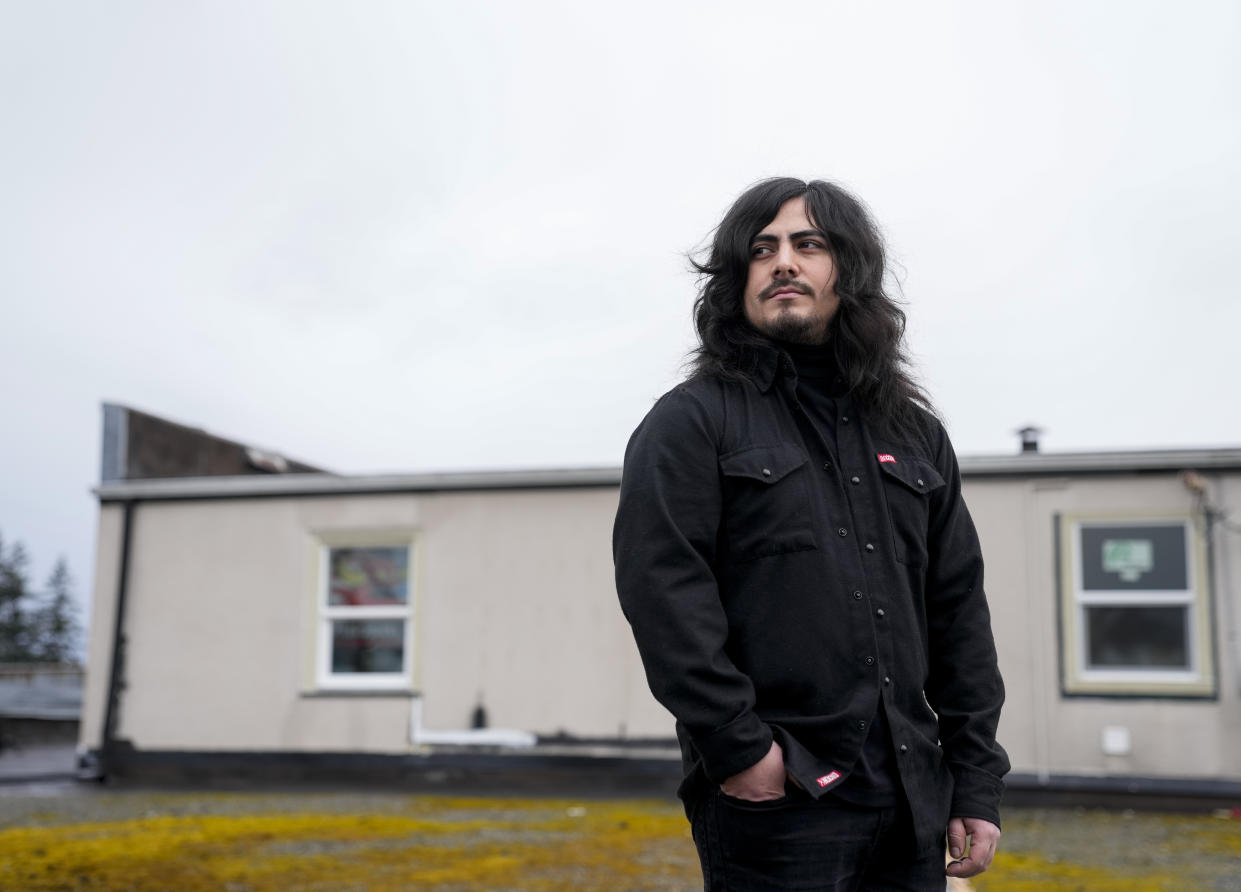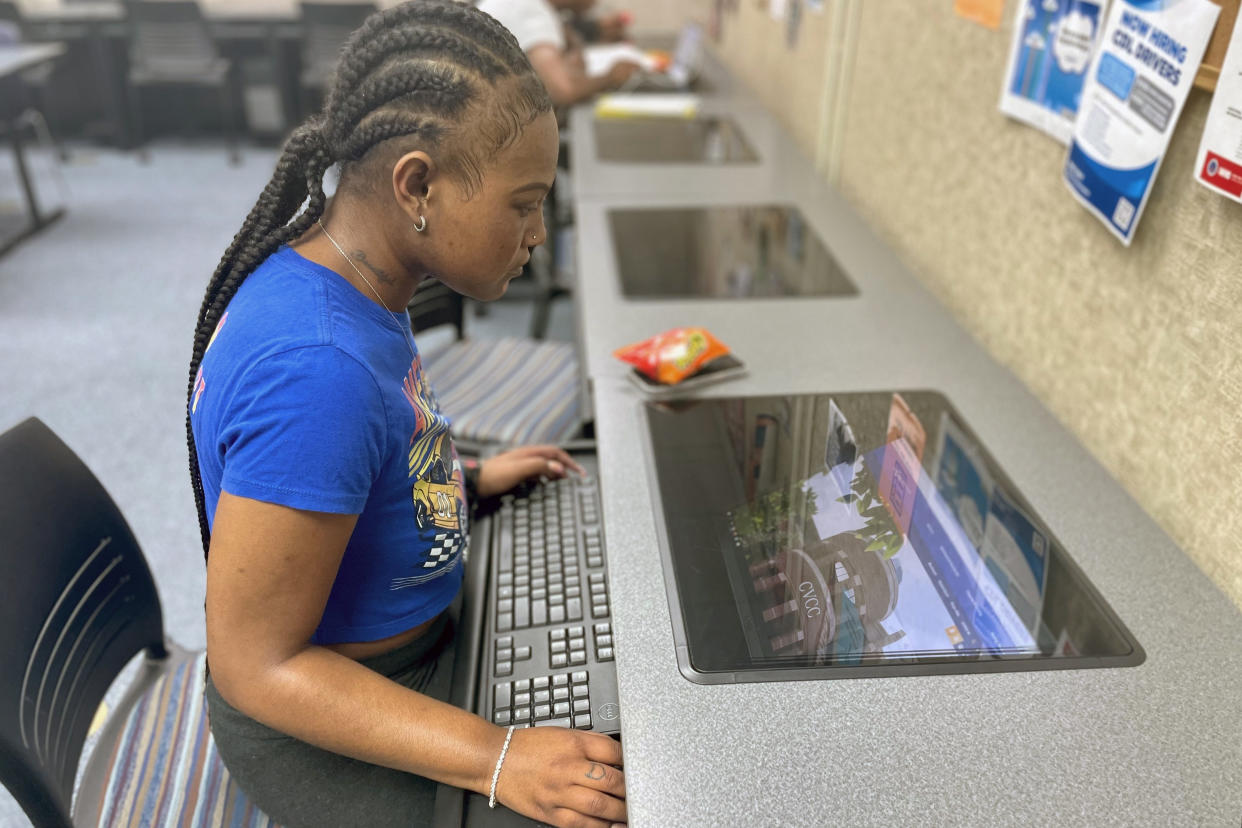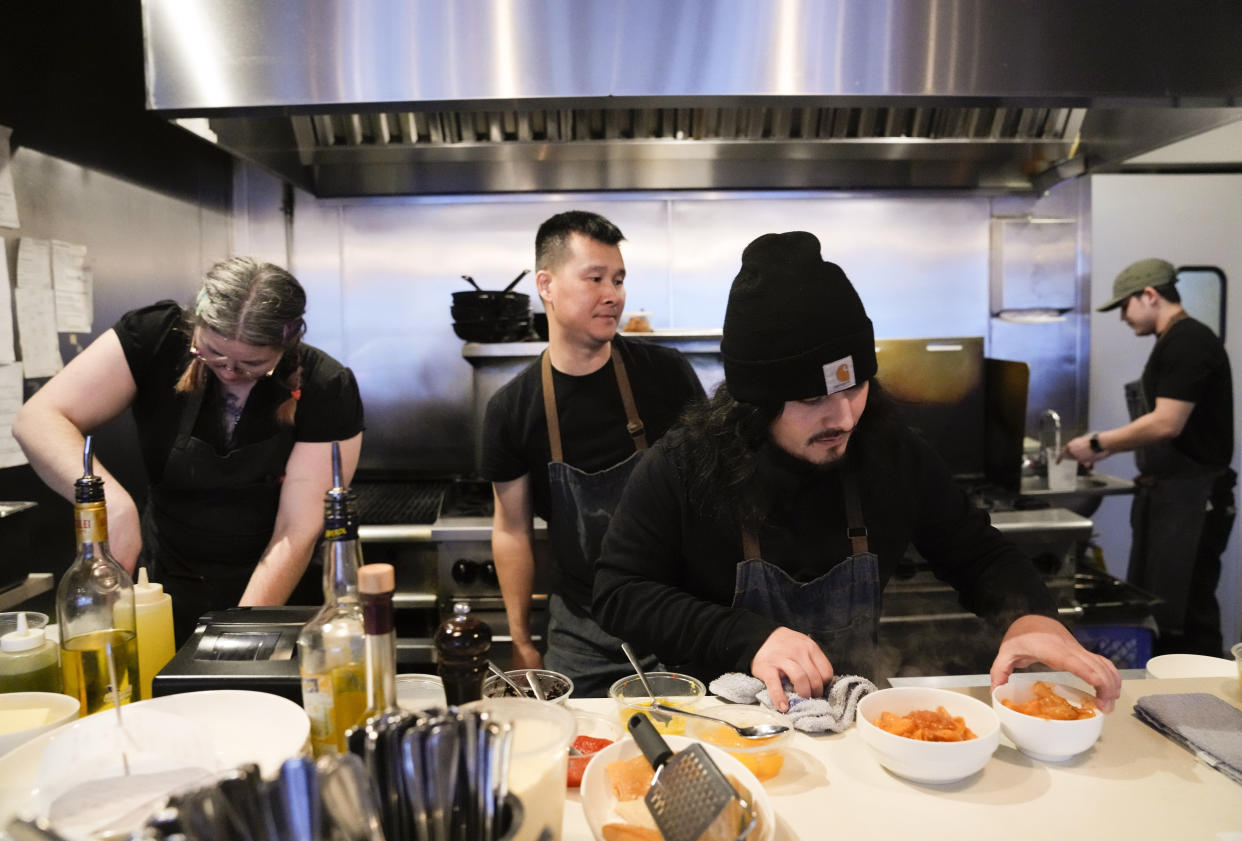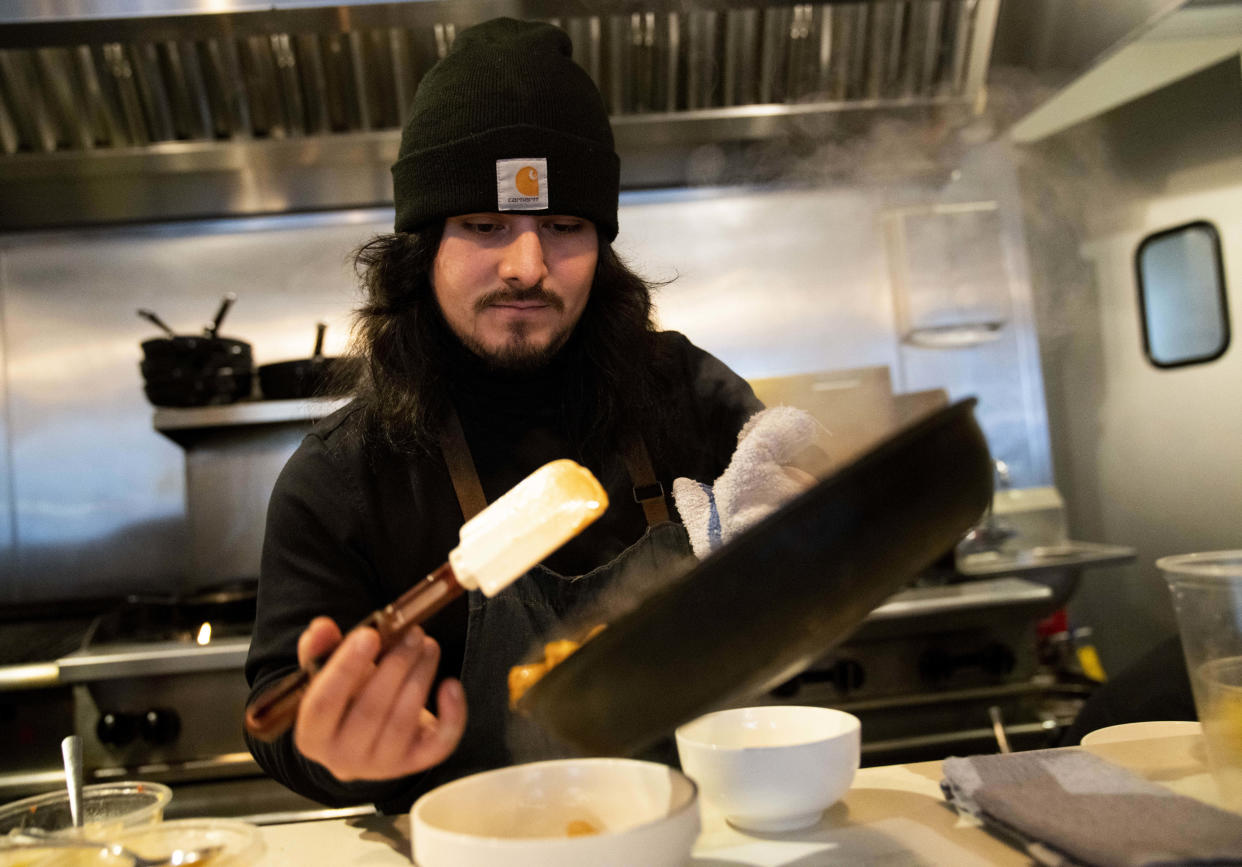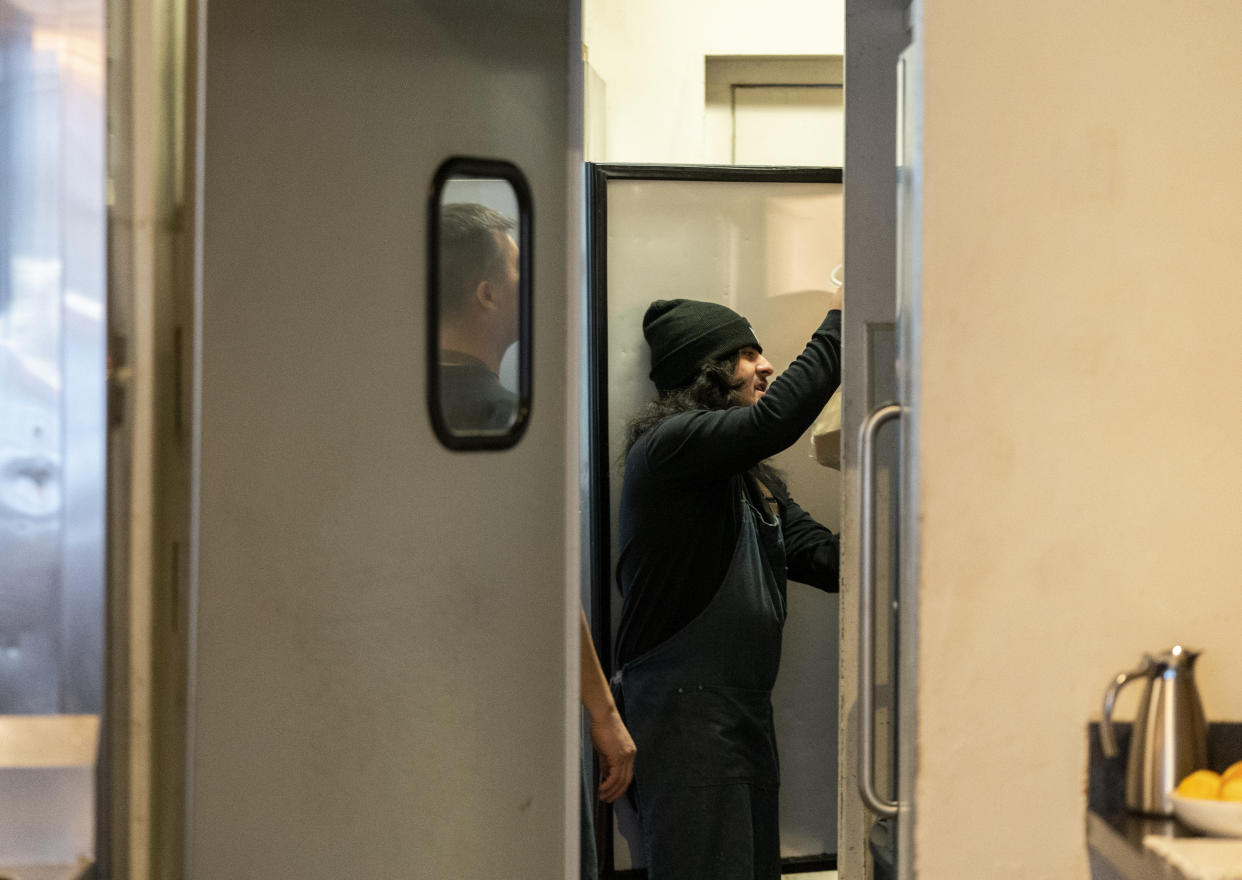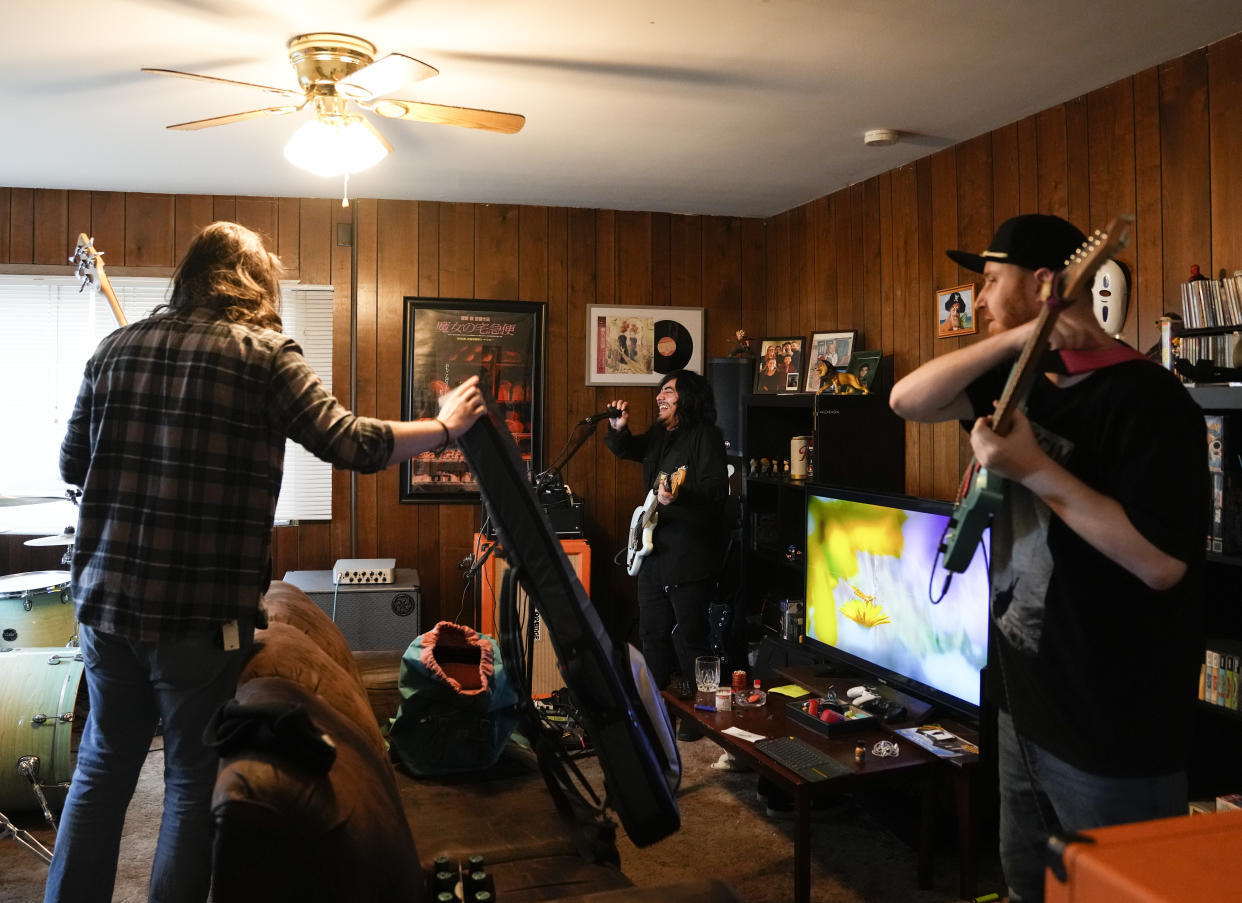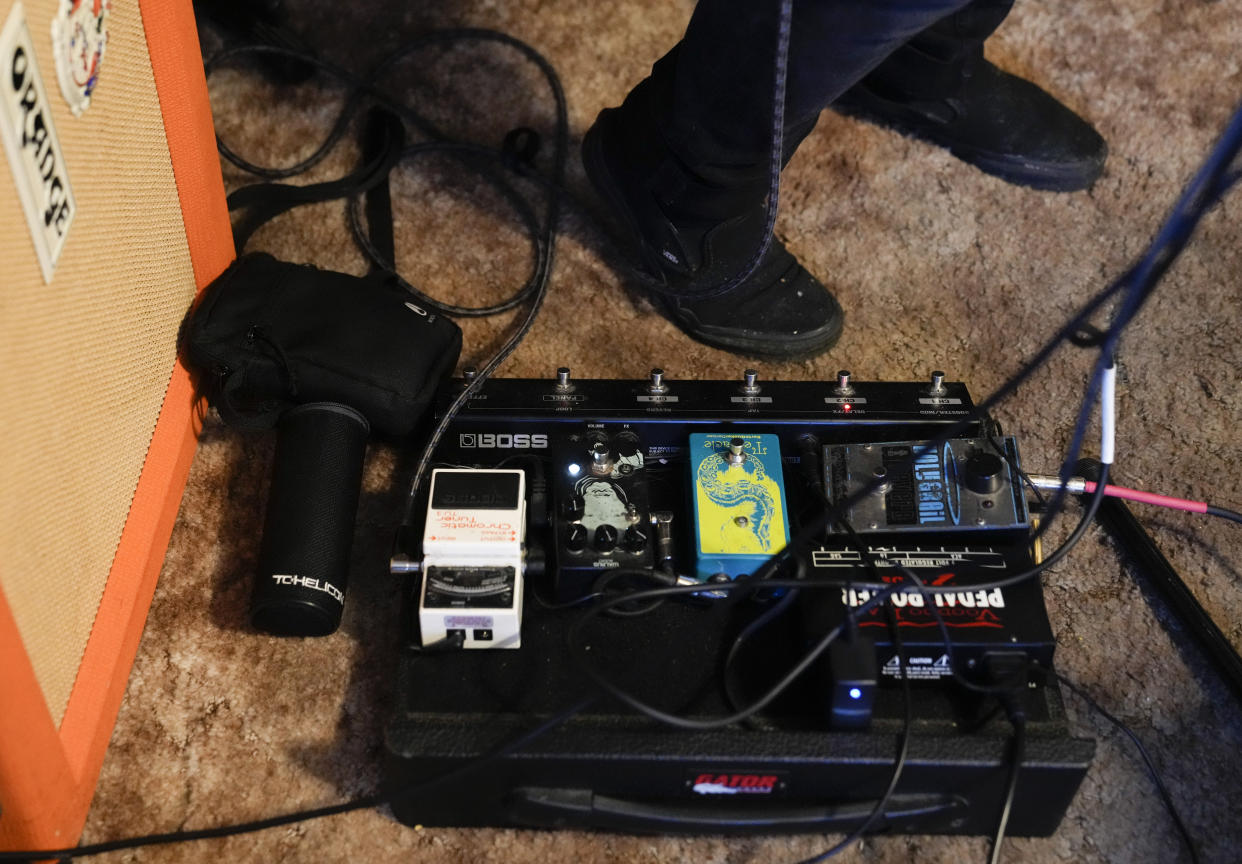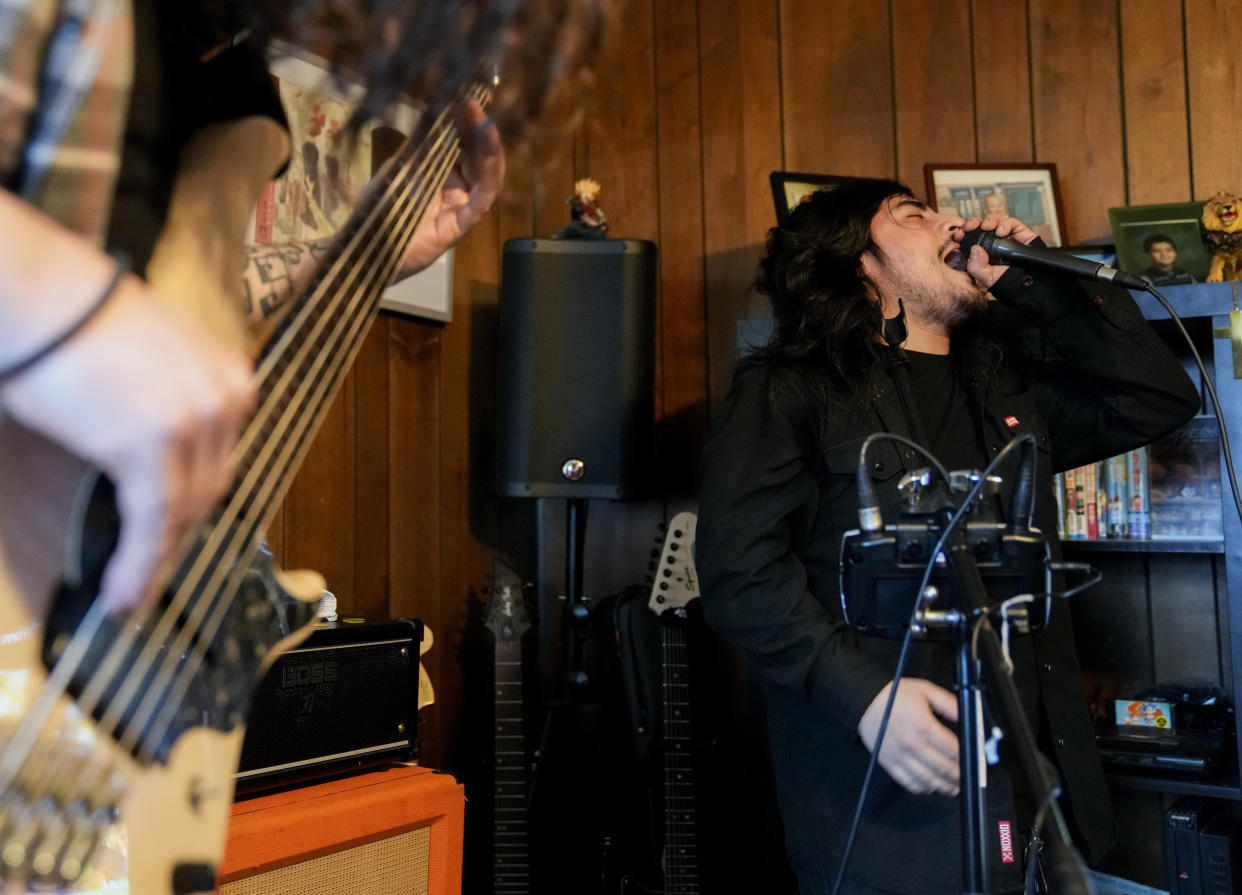Community colleges are reeling. 'The reckoning is here.’
When Santos Enrique Camara arrived at Shoreline Community College in Washington state to study audio engineering, he quickly felt lost.
“It’s like a weird maze,” remembered Camara, who was 19 at the time and had finished high school with a 4.0 grade-point average. “You need help with your classes and financial aid? Well, here, take a number and run from office to office and see if you can figure it out.”
Advocates for community colleges defend them as the underdogs of America’s higher education system, left to serve the students who need the most support but without the money to provide it. Critics contend this has become an excuse for poor success rates and for the kind of faceless bureaucracies that ultimately led Camara to drop out after two semesters. He now works in a restaurant and plays in two bands.
___
EDITOR’S NOTE: This story is part of Saving the College Dream, a collaboration between AL.com, The Associated Press, The Christian Science Monitor, The Dallas Morning News, The Hechinger Report, The Post and Courier in Charleston, South Carolina, and The Seattle Times, with support from the Solutions Journalism Network.
___
With scant advising, many community college students spend time and money on courses that won’t transfer or that they don’t need. Though most intend to move on to get bachelor’s degrees, only a small fraction succeed; fewer than half earn any kind of credential. Even if they do, many employers don’t believe they’re ready for the workforce.
Now these failures are coming home to roost.
Community colleges are far cheaper than four-year schools. Published tuition and fees last year averaged $3,860, versus $39,400 at private and $10,940 at public four-year universities, with many states making community college free.
Yet consumers are abandoning them in droves. The number of students at community colleges has fallen 37% since 2010, or by nearly 2.6 million, according to the National Student Clearinghouse Research Center.
“The reckoning is here,” said Davis Jenkins, senior research scholar at the Community College Research Center at Teachers College, Columbia University. (The Hechinger Report, which produced this story, is an independent unit of Teachers College.)
Those numbers would be even more grim if they didn’t include high school students taking dual-enrollment courses, according to the Community College Research Center. High school students make up nearly a fifth of community college enrollment.
Yet even as these colleges serve fewer students, their already low success rates have by at least one measure gotten worse.
While four out of five students who begin at a community college say they plan to go on to get a bachelor’s degree, only about one in six of them actually manages to do it. That’s down by nearly 15% since 2020, according to the clearinghouse.
Two-year community colleges have the worst completion rates of any kind of university or college. Like Camara, nearly half of students drop out, within a year, of the community college where they started. Only slightly more than 40% finish within six years.
These frustrated wanderers include a disproportionate share of Black and Hispanic students. Half of all Hispanic and 40% of all Black students in higher education are enrolled at community colleges, the American Association of Community Colleges says.
The spurning of community colleges has implications for the national economy, which relies on their graduates to fill many of the jobs in which there are shortages. Those include positions as nurses, dental hygienists, emergency medical technicians, vehicle mechanics and electrical linemen, and in fields including information technology, construction, manufacturing, transportation and law enforcement.
Other factors are also contributing to the enrollment declines. Strong demand in the job market for people without college educations has made it more attractive for many to go to work. Thanks to so-called degree inflation, many jobs that require higher education call for bachelor’s degrees where associate degrees or certificates were once sufficient. And private, regional public and for-profit universities, facing enrollment crises of their own, are competing for the same students.
Many Americans increasingly are questioning the value of going to college at all.
But they are particularly rejecting community college. In Michigan, for instance, the proportion of high school graduates enrolling in community college fell more than three times faster from 2018 to 2021 than the proportion going to four-year universities, according to that state’s Center for Educational Performance and Information.
Those who do go complain of red tape and other frustrations.
Megan Parish, who at 26 has been in and out of community college in Arkansas since 2016, said she waits two or three days to get answers from advisers. “I’ve had to go out of my way to find people, and if they didn’t know the answer, they would send me to somebody else, usually by email.” Hearing back from the financial aid office, she said, can take a month.
Oryanan Lewis doesn’t have that kind of time. Lewis, 20, is in her second year at Chattahoochee Valley Community College in Phenix City, Alabama, where she is pursuing a degree in medical assisting. And she’s already behind.
Lewis has the autoimmune disease lupus and thought she’d get more personal attention at a smaller school than at a four-year university; Chattahoochee has about 1,600 students. But she said she didn’t receive the help she needed until her illness had almost derailed her degree.
She failed three classes and was put on academic probation. Only then did she hear from an intervention program.
“I feel like they should talk to their students more," Lewis said. "Because a person can have a whole lot going on.”
Employers, meanwhile, are unimpressed with the quality of community college students who manage to graduate. Only about a third agree that community colleges produce graduates who are ready to work, according to a survey released in December by researchers at the Harvard Business School.
Community colleges get less government money to spend, per student, than public four-year universities: $8,695, according to the Center for American Progress, compared with $17,540.
Yet community college students need more support than their counterparts at four-year universities. Twenty-nine percent are the first in their families to go to college, 15% are single parents and 68% work while in school. Twenty-nine percent say they’ve had trouble affording food and 14% affording housing, according to a survey by the Center for Community College Student Engagement.
Community colleges that fail these students can’t just blame their smaller budgets, said Joseph Fuller, professor of management practice at Harvard Business School.
“The lack of resources inside community colleges is a legitimate complaint. But a number of community colleges do extraordinarily well,” Fuller said. “So it’s not impossible.”
___
Ellen Dennis for the Seattle Times, Rebecca Griesbach of Al.com and Ira Porter of the Christian Science Monitor contributed to this report.
___
The Associated Press education team receives support from the Carnegie Corporation of New York. The AP is solely responsible for all content.
